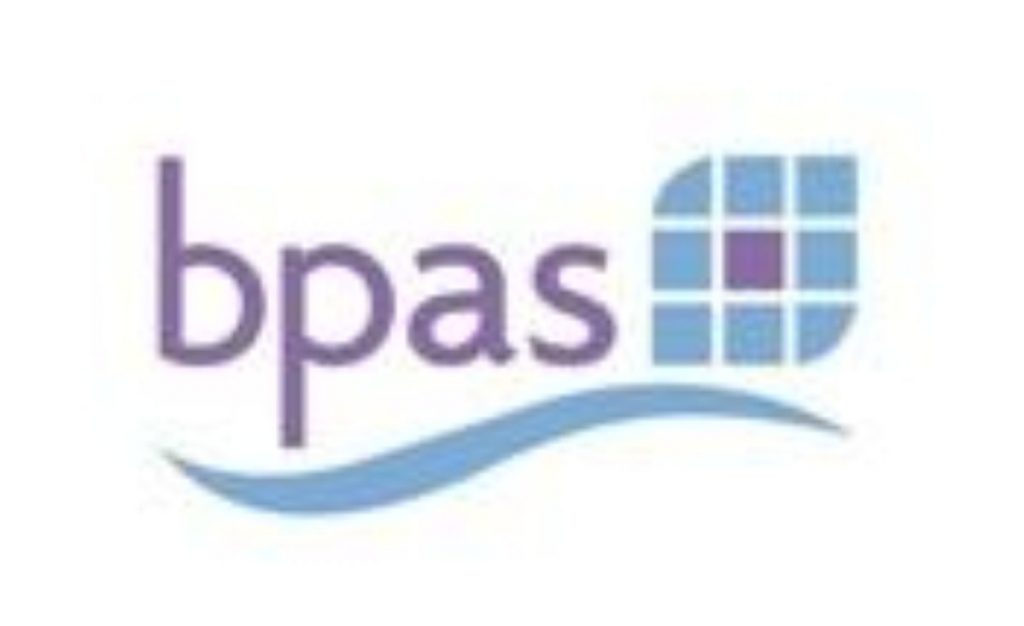BPAS doctors are proud to help women in difficult circumstances
Ann Furedi, Chief Executive of BPAS, the UK’s leading sexual healthcare charity specialising in abortion services, said today:
‘Abortion has been legally and safely provided by the NHS and charitable providers like bpas since 1967. The current crop of medical students have not themselves seen women dying slowly and painfully after self-induced and unsafe abortion in the UK- but if they went to the many countries overseas where abortion is still illegal or only available to rich people, they would see this.’
‘Abortion is an absolutely essential, life-saving part of medical care- it may not be the most glamorous medical speciality on the face of it, compared to stem cell research or neurosurgery- but it is seen as heroic work by the women that it helps.
Bpas’ doctors are proud to provide a safe, expert and supportive service that women come from all over the world to access.’
Dr Kate Paterson is a Consultant Obstetrician working in abortion care for BPAS and the NHS. For the past 20 years she has worked within abortion, maternity care and contraceptive services. She said today:
‘I do this job because becoming pregnant is either the best, or the worst thing that can happen to a woman. In my experience, women have two nightmares: one, that they won’t be able to get pregnant when they want to, and two, that they will get pregnant when they don’t want to. There are an awful lot of doctors already working helping women to get pregnant in the NHS and in the private IVF sector. There are a hell of a lot less, who want to help women when they are pregnant and can’t cope.
‘I see a lot of women who I feel a lot of sympathy for, because they are really up against it in other areas of their life and the unintended pregnancy is the final straw. Many already can’t really cope. It might be their own health, along with dreadful problems in the family or their kids, or bad housing or poverty. Sometimes there is an emotional trauma that they are only just getting to grips with, such as after a rape. You often think, ‘You poor thing’.
‘Because of working elsewhere in medicine, I’ve noticed that women who come to me to discuss abortion are the most likely to say ‘thank you’ afterwards, very genuinely. When I am delivering babies in maternity services, even then, they don’t have the immense feelings of gratitude that these women have. It’s because you are talking sympathetically to them and helping them. That’s whether or not they go ahead with the pregnancy.
‘There is a desperate need for this kind of work and women can be in really extreme situations. So I do feel pleased that I can help them and that I do a job that is very, very useful to people.’





-01.png)